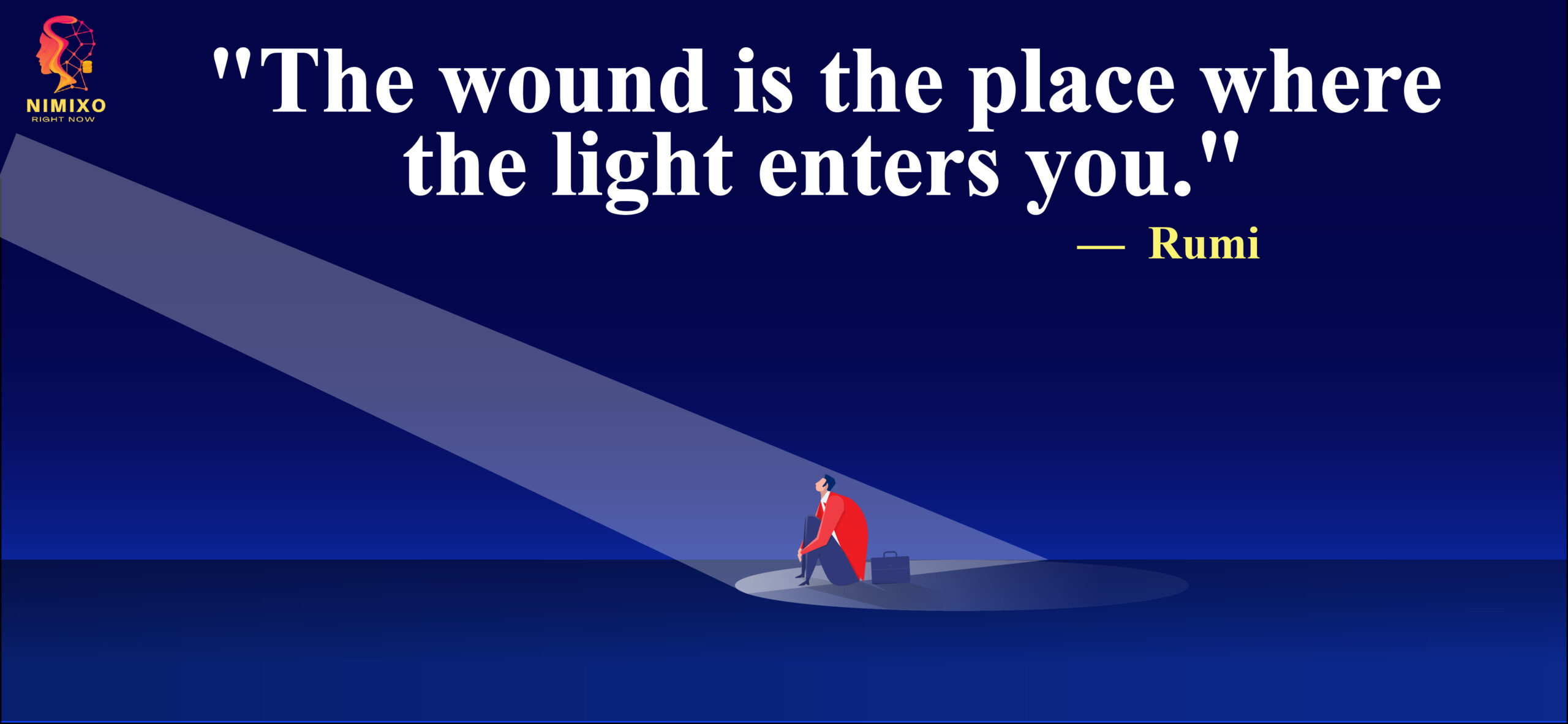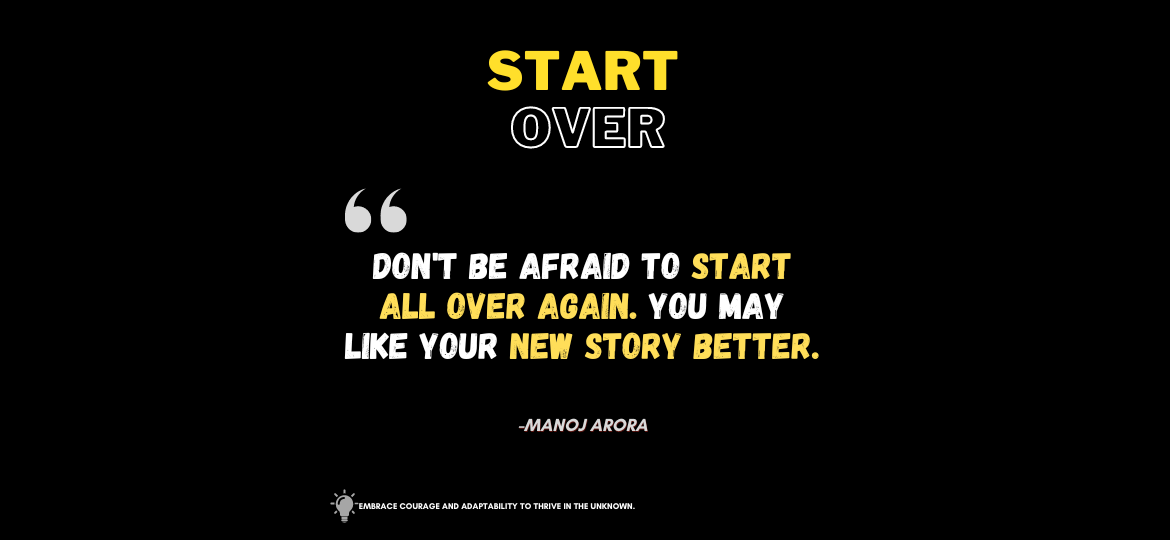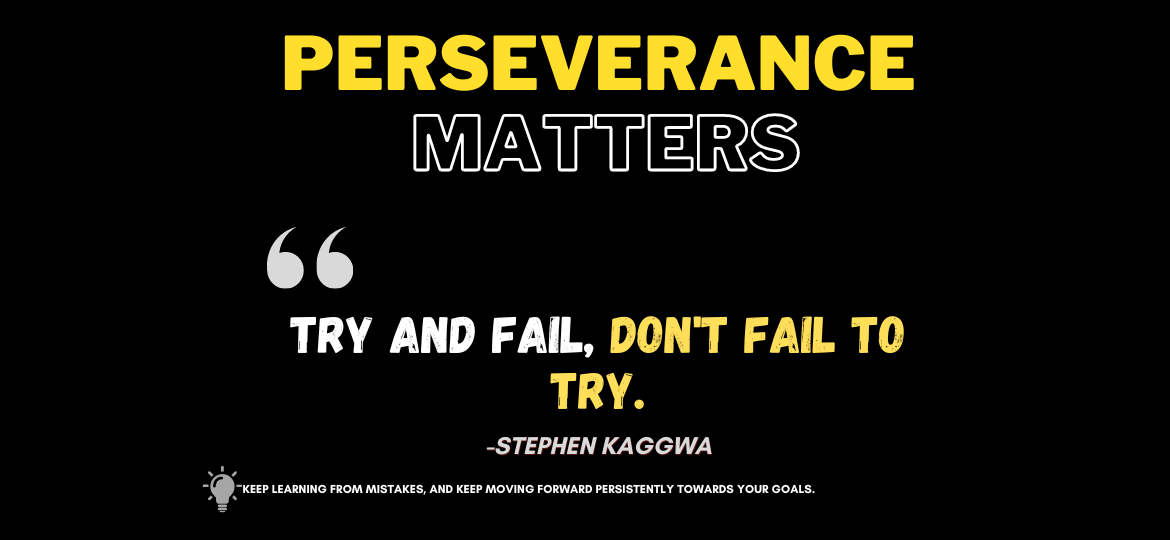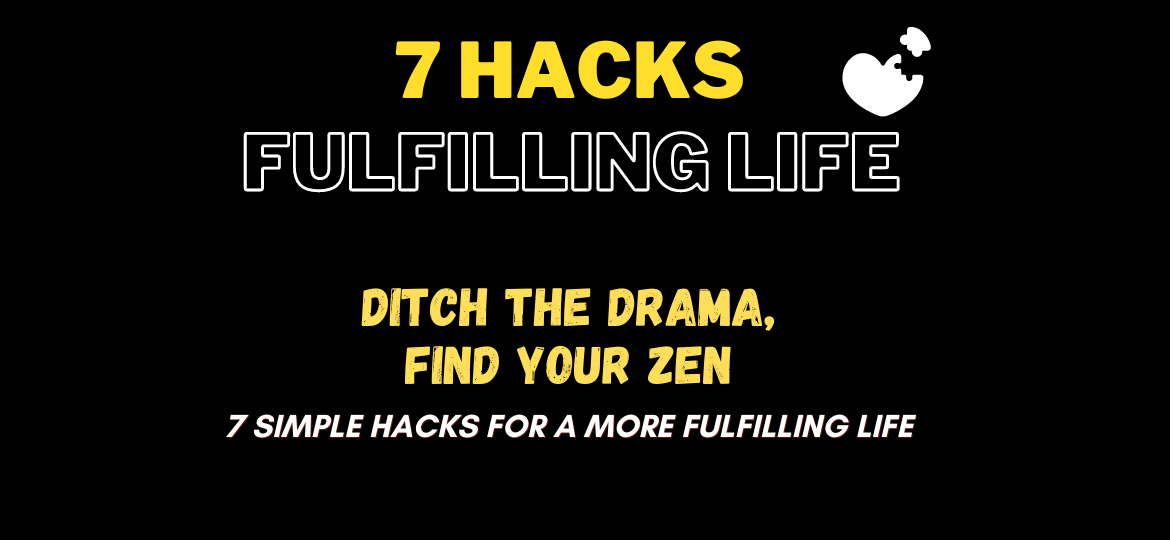A Journey of Healing and Transformation
Within life’s intricate tapestry, each person confronts a unique array of challenges and adversities. We each bear our individual scars—both emotional and physical—that not only mold our identities but also guide our journeys. Yet, these scars aren’t merely sources of anguish; they can serve as gateways through which illumination, knowledge, and personal development enter our existence. Rumi’s enduring insight, beautifully expressed in the phrase, “The wound is the place where the light enters you,” poignantly underscores the idea that our trials can pave the way for profound transformations.
Wounds as Catalysts for Transformation
Life abounds with hurdles, and it is during these instances of hardship that our genuine resilience and purpose frequently come to light. Consider the journey of Maya Angelou, a celebrated American author and poet, whose formative years were marred by a traumatic upbringing characterized by abuse and silence. The emotional scars she bore became the wellspring of her poetic expression, enabling her to articulate profound feelings and insights through her written words. Her poem, “Still I Rise,” evolved into an emblem of unwavering strength, motivating countless individuals to endure and triumph over their personal trials.
The Healing Power of Vulnerability
One of the remarkable aspects of Rumi’s quote is the acknowledgment of the wound’s existence. Embracing our vulnerabilities is a vital step toward healing and personal growth. Brené Brown, a research professor and author, conducted extensive research on vulnerability and found that it is not a sign of weakness but a profound source of strength. Sharing our wounds and stories of overcoming them connects us with others who may be going through similar struggles. In our openness, we find a collective light that can heal not just ourselves but also the world.
Interesting Read: The Power of Vulnerability
Turning Pain into Purpose
In the midst of life’s most trying moments, we often discover our deepest passions and purposes. The life of Malala Yousafzai, the youngest Nobel Prize recipient, vividly exemplifies this transformation. Malala faced a gunshot wound inflicted by the Taliban for her relentless advocacy for girls’ education in Pakistan. Her injury became an emblematic beacon in the worldwide fight for education, and she turned her personal pain into a mission to empower girls across the globe. Her story strikes a chord with people from every background, highlighting the notion that it is through our wounds that light finds its way.
The Light Within Ourselves
Rumi’s insights serve as a poignant reminder that illumination isn’t solely derived from external origins; it also radiates from within. The most profound metamorphoses often transpire when we access our intrinsic fortitude and resilience. Nelson Mandela’s life narrative stands as a testament to this verity. Following 27 years of confinement, he emerged as an embodiment of reconciliation and optimism, playing a pivotal part in the dissolution of apartheid in South Africa.
Rumi’s timeless wisdom, “The wound is where the light enters you,” beautifully captures the enduring truth that our trials and scars can serve as wellsprings of remarkable growth, resilience, and inspiration. The narratives of Maya Angelou, Brené Brown, Malala Yousafzai, and Nelson Mandela serve as compelling illustrations of how individuals from a rich tapestry of backgrounds and experiences have skillfully channeled their adversities to illuminate not only their own paths but also the way for countless others. By wholeheartedly embracing our vulnerabilities, alchemizing pain into purpose, and uncovering the inner radiance, we can profoundly metamorphose our own lives and, in doing so, ignite the spirits of millions worldwide. The voyage of healing and transformation is a shared human journey that unites us all, a poignant reminder that we are never solitary in our battles.





